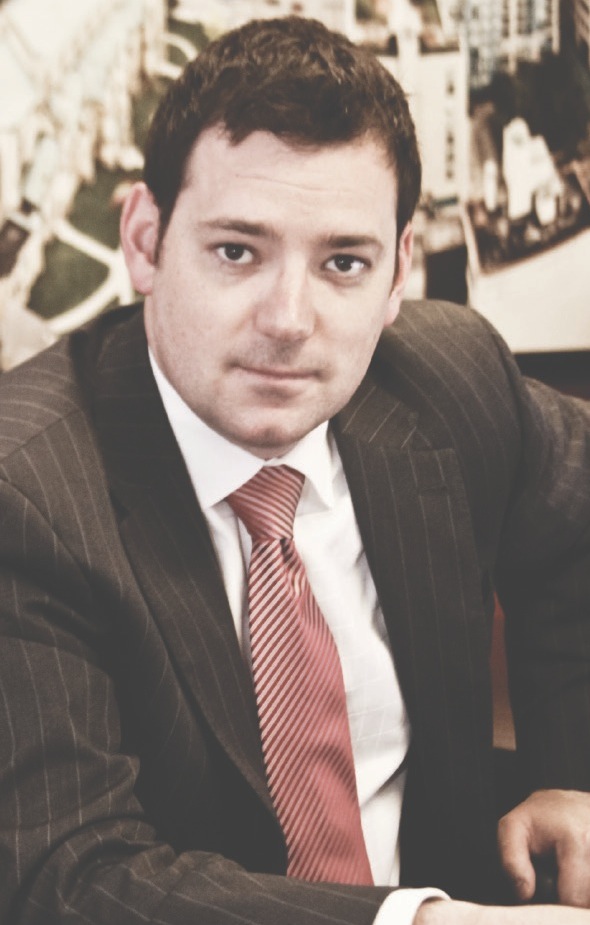In yet another effort at reform, Legal Aid Ontario says it has trained a handful of its staff paralegals to take on expanded roles in criminal courts.

The paralegals received training in criminal law and their scope of practice during the last seven months as part of a trial project aimed at delivering access to justice in a cost-effective way.
“Working under the direct supervision of a lawyer, the paralegals participating in the study are now providing clients with legal advice, advice on diversion services, and in Ottawa our most experienced paralegal will be providing service to clients on pleas, among other duties,” LAO said in a recent announcement.
Stephen Gilding, a business manager for policy, research, and external relations at LAO, says the expanded role of paralegals will still be within the scope of authority they have under Law Society of Upper Canada rules.
Paralegals’ new role will include dealing with specialty courts, negotiating with the Crown, entering guilty pleas, and sentencing matters, says Gilding.
The project is a small study at this point but it could expand if the results are positive, he notes. Paralegals, he adds, won’t be replacing lawyers but will provide more support to duty counsel offices.
But Haran Aruliah, a duty counsel with LAO who’s part of the campaign committee seeking collective-bargaining rights for staff lawyers there, says the organization didn’t consult them about the project and how it may affect their roles. “They’ve pitched it as lawyers . . . mentoring and providing some guidance for paralegals that are in this pilot project, but is that the expectation, that the lawyers at LAO are going to be doing this as part of their job?” he asks.
“Any time that I’m putting my professional life on the line, I like to have some input into that and there simply isn’t a mechanism for lawyers at legal aid to collectively express their concerns,” he adds.
Some criminal lawyers see the measure as a sign of budgetary constraints at LAO and say legal advice by paralegals, even under the supervision of lawyers, isn’t ideal. “Obviously, lawyers have more training, have been supervised and mentored, and are in a better position in my opinion to offer legal advice on any issue of any complexity,” says Toronto criminal lawyer Adam Weisberg.
“Personally, I’d prefer if it was only lawyers giving legal advice on criminal matters. This is likely a fact of a constrained budget that legal aid is dealing with because this can’t be the best option. The best option is to have lawyers giving people legal advice on criminal matters.”
Another issue is whether the public will be aware it’s dealing with paralegals, says Weisberg. But according to Gilding, paralegals will always identify themselves as such while interacting with clients and a duty counsel will be available if a client “insists on a duty counsel lawyer and if that is appropriate.”
David McKillop, LAO’s vice president of policy, research, and external relations, has previously spoken about the organization’s venture to boost the role of paralegals in its service delivery. “When I have a capped budget, in order to serve as many people as possible, I have to look for service alternatives beyond the certificate program, which is an extremely expensive service. So yes, Legal Aid Ontario is looking to utilize paralegals in the delivery of services,” he said during a question-and-answer session at the County & District Law Presidents’ Association plenary in May.
“There’s only so much paralegals are going to be able to do for legal aid clients because of their limited scope of authority,” he added.
“They can only work on summary matters, up to six months in jail, work before administrative tribunals, and provincial offences. Legal aid does virtually no work in provincial offences. But there are some opportunities probably in the summary side and the administrative tribunal side.”
The Criminal Lawyers’ Association declined to comment on the expansion of paralegals’ role at LAO.
At the CDLPA meeting, McKillop said LAO has about 20 paralegal staff members. Any extension of the role of paralegals would apply only to those on staff and won’t include those in independent practice, he said.
“The legislation, the Legal Aid Services Act, does not permit me to issue a certificate to a paralegal, an independent paralegal, one that’s effectively in private practice. So whatever opportunities there may be for looking at that mixed model that might include paralegals will be probably on the staff side as opposed to the independent paralegal side.”
Should the law society expand the scope of paralegals’ role in the future, “then I will potentially be using them in that scope,” he added. “But for the limited role they have now, I don’t see a huge role for paralegals but I think there is a role they can play.”
LAO has recently been exploring a slew of other reforms, including a complete overhaul of its clinic system and an expansion of the ranks and role of duty counsel in the court system. Most recently, the organization announced it would provide more than $2 million over three years to six university-operated legal clinics to provide family law services.
The universities will use summer and in-term students as well as staff lawyers to provide the services, according to LAO, which noted the funding stems from the $30 million in additional funding over four years the Ontario government announced in its May 2013 budget.
For related content, see "
New duty counsel not public defenders: LAO," "
CLA concerned about duty counsel expansion," and "
LAO puts new hires in context."

 The paralegals received training in criminal law and their scope of practice during the last seven months as part of a trial project aimed at delivering access to justice in a cost-effective way.
The paralegals received training in criminal law and their scope of practice during the last seven months as part of a trial project aimed at delivering access to justice in a cost-effective way.